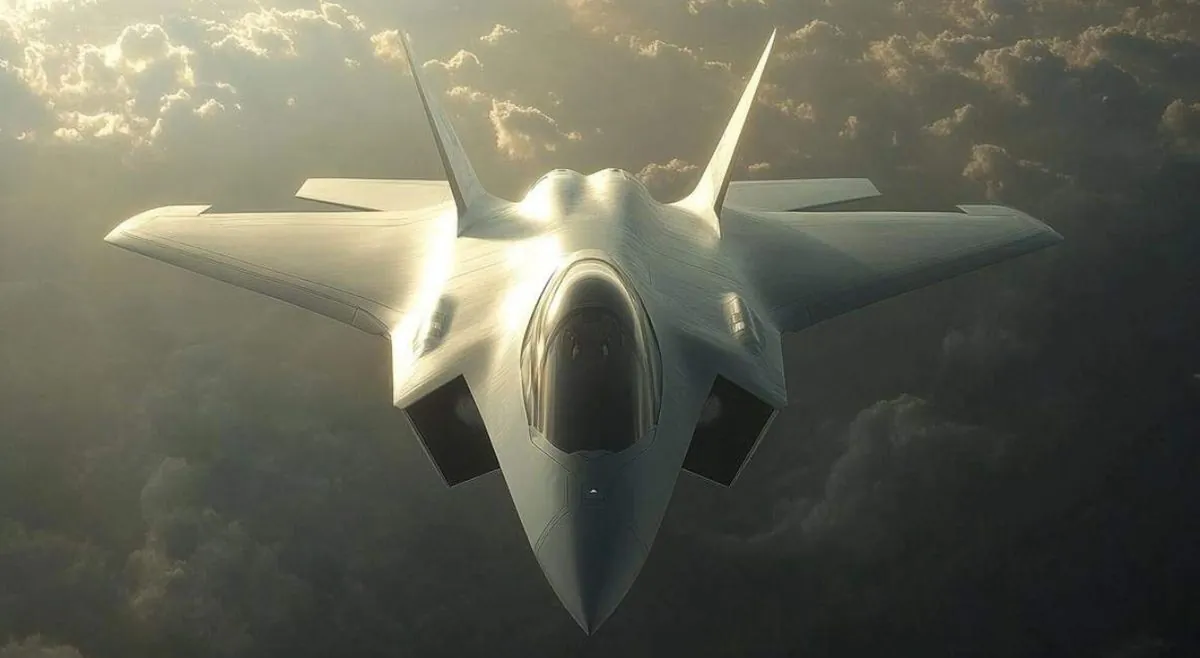What the Chinese stealth fighter J-35A hides: comparison with the F-35
Kyiv • UNN
China has unveiled its new stealth fighter, the J-35A, at the Zhuhai Air Show. Experts note that the real capabilities of the aircraft remain a black box, despite the stated advantages of the design.

It is noted that the J-35A is designed as a multi-purpose aircraft that can conduct combat operations both in the air and against ground targets. But in reality, experts say, little is known about its actual capabilities.
Written by UNN with reference to Reuters and La Razón.
Details
The J-35A stealth aircraft, which is the centerpiece of this year's Zhuhai Airshow, has been under development for more than a decade, but experts say it is still a black box, as little is known about its capabilities.
“Because of the 'black box' that typically surrounds PLA military developments, we can't be too sure about the J-35's performance,” said Colin Koch of the S. Rajaratnam School of International Studies.
The first public display of the J-35A ground-based variant will take place on Tuesday, the day after the 75th anniversary of the founding of the People's Liberation Army (PLA) Air Force. A flight demonstration is expected.
HelpHelp
The article by La Razón compares the J-35A to the American F-35.
The F-35 is often described as “a high-performance computer that can also fly,” while the J-35A has yet to demonstrate whether it adheres to a similar philosophy of advanced technology

Experts suspected that the American design might be copied. However, copying the functions of an aircraft such as the F-35 is not an easy task, experts say, as an aircraft of this class has complex subsystems integrated into its structure.
The J-35A is claimed to have fewer visible seams and a more unified structure, as well as a more compact landing gear design with fewer visible elements. In contrast, the F-35's landing gear is more complex and has additional components to help reduce radar visibility.

AddendumAddendum
Analysts believe that the J-35A may initially be intended for Beijing's aircraft carrier fleet, “complementing China's air power at sea”